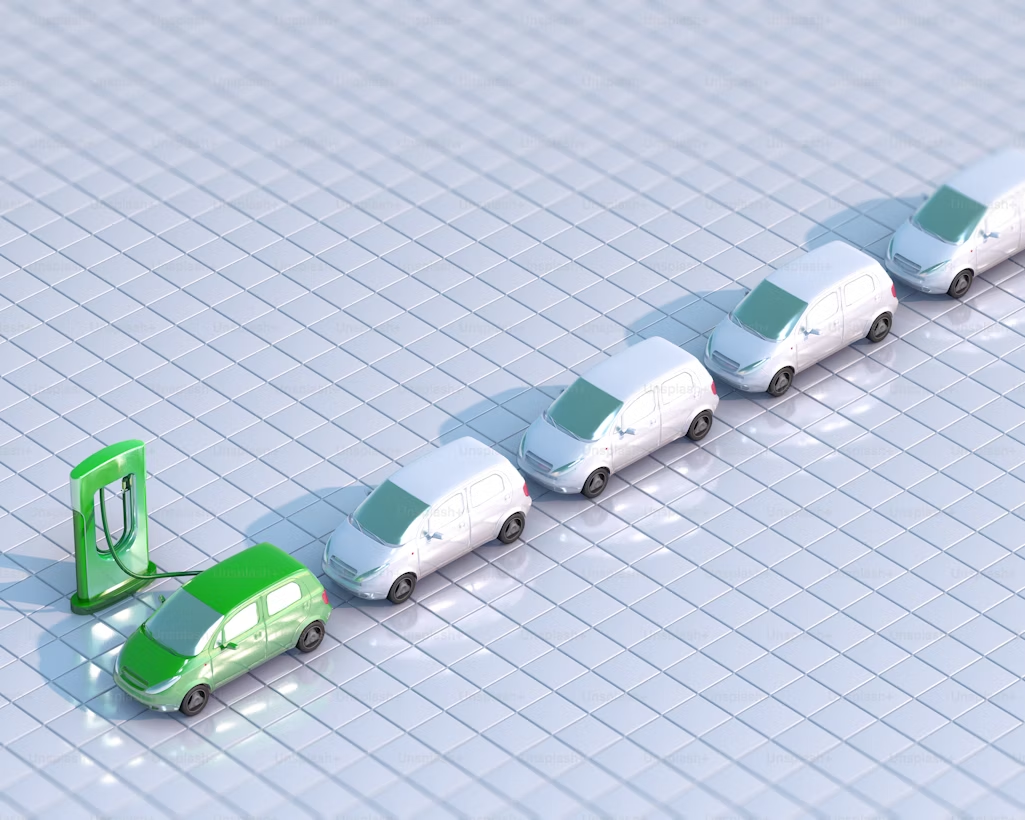February 22, 2025
In a major step forward for autonomous technology, Tesla has announced the launch of its fully autonomous delivery fleet, revolutionizing the logistics and transportation industry. The new fleet, powered by Tesla’s cutting-edge AI and electric vehicles, will be used for a variety of delivery services, ranging from consumer goods to heavy industrial shipments. This ambitious move marks Tesla’s latest milestone in its broader push to integrate artificial intelligence and sustainable solutions into everyday transportation.
Tesla’s autonomous delivery trucks are equipped with the company’s Full Self-Driving (FSD) technology, which allows them to navigate highways, city streets, and complex delivery routes without human intervention. The fleet will operate across key regions in the U.S., aiming to provide faster, more cost-effective, and environmentally friendly delivery options for businesses and consumers alike.
AI-Driven Logistics
Tesla’s autonomous delivery trucks utilize an advanced combination of AI, machine learning, and real-time data processing to make decisions on the road. By analyzing traffic patterns, road conditions, and weather forecasts, the trucks optimize their routes to ensure that packages are delivered efficiently and on time. In addition, Tesla has integrated its proprietary battery technology, enabling the trucks to operate for longer distances on a single charge, reducing fuel costs and carbon emissions.
The AI behind Tesla’s fleet is designed to continuously learn from each journey, improving safety and efficiency with every mile traveled. Over time, the system will refine its algorithms, allowing for increasingly complex deliveries and tighter integration into supply chain operations.
Sustainability and Efficiency
Tesla’s decision to use electric vehicles for its autonomous delivery fleet underscores its commitment to sustainability. The company aims to reduce the carbon footprint of transportation by replacing traditional diesel-powered trucks with zero-emission electric alternatives. The fully autonomous nature of the fleet also promises to reduce human error and increase the efficiency of deliveries, potentially lowering operational costs for logistics companies.
The fleet is designed to serve a range of industries, including e-commerce, retail, and manufacturing, with Tesla already in discussions with several major companies about partnerships to integrate the fleet into their operations.
Looking to the Future
Tesla’s autonomous delivery fleet could have far-reaching implications for the broader transportation sector. Experts predict that as the fleet expands, the company will further influence the development of autonomous vehicle regulations, safety standards, and infrastructure for electric vehicles. The successful deployment of this fleet could not only reshape the logistics industry but also contribute to the broader shift toward sustainable, AI-driven solutions in transportation.
With this breakthrough, Tesla continues to solidify its role as a leader in both the electric vehicle and autonomous driving sectors, positioning itself at the forefront of the next phase of technological evolution in transportation.


